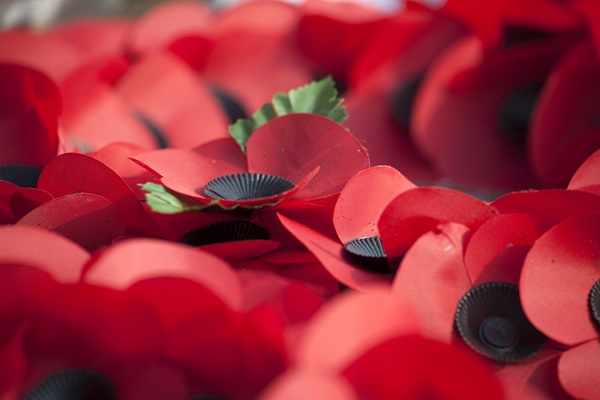This year is the eightieth anniversary of the end of the Second World War (WW2). Thousands of nurses from the United Kingdom and the Commonwealth served in the nursing services of the armed forces. They nursed in base hospitals in the UK and abroad, in front line casualty clearing stations and mobile surgical units as well on ships, trains and planes transporting the sick and wounded. In my research about nurses in WW2 I found that 1316 nurses were singled out to receive the Royal Red Cross Award.
The Royal Red Cross (RRC) is a military award for nurses, inaugurated by Queen Victoria. By WW2 the RRC was awarded to UK or Commonwealth nurses who had shown exceptional devotion and competency in the performance of actual nursing duties with the Army, Navy or Air Force over a continuous and long period or who had performed some very exceptional act of bravery and devotion, at her post of duty. The award could be first class, or second class ,known as an Associate (ARRC) awarded to those from the reserve or civilian nursing services.
I was curious as to what had singled out those nurses who had received the RRC from all the others who must also have nursed in difficult war time conditions. The RCN archives and the Imperial War Museum hold oral history interviews with nurses of WW2, and others are written up in books. The National Archive of the UK holds official citations recommending the nurses for the awards. I was struck in reading some of these by the leadership and bravery of the nurses as in these following two examples.
Sister in charge Nora Allen was awarded an ARRC in 1944 for her nursing service in Western Desert in a casualty clearing station while it was being bombed and machine gunned. The Lieutenant-Colonel of her unit testified that Nora Allen carried on her duty of attending to the patients with no thought for herself. He was convinced that her example had a very helpful effect on the patients. He wrote that he was very strongly of the opinion that her gallantry and devotion to duty in the face of danger merited recognition.
Sister in charge Edith Archer was awarded an ARRC in 1944 for her nursing service in North Burma which was not only a frontline warzone but also had a typhus epidemic amongst the troops. The citation for her award recorded that Edith Archer was notable for showing the utmost devotion during a typhus epidemic and her outstanding ability to turn chaos into order, to marshal resources and encourage her subordinates
At the present time there are nurses working in conflict zones across the world. Over 3,000 nurses from the United Kingdom and the Commonwealth lost their lives in WW2. Remembering these WW2 nurses allows us some insight into their courage, the experience of nursing in wartime and also the horror of war.








 Share on LinkedIn
Share on LinkedIn




